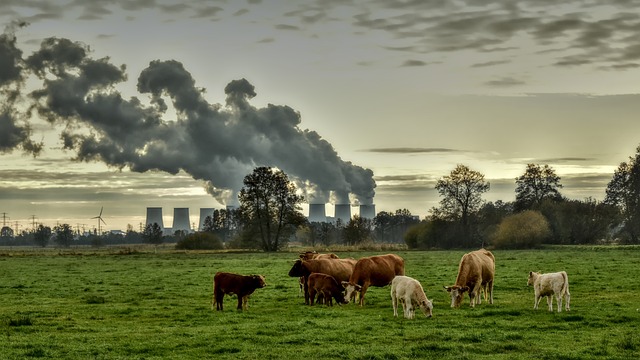According to a study conducted by the World Weather Attribution (WWA) organization, Madagascar experienced a lengthy and strong heatwave in October, affecting millions.

Scientists said that without the influence of human-caused climate change, this severe event would have been almost unthinkable. The study focused on three essential factors: average October temperatures, as well as the seven-day minimum and maximum temperatures in Antananarivo. According to the findings, human-caused climate change increased the month-long heat, as well as the seven-day minimum and maximum temperatures, by about 1-2 degrees.
Sayanti Sengupta, technical advisor at the Red Cross Red Crescent Climate Centre, highlighted the significant consequences of seemingly small temperature increases, noting that even a half-degree rise could push thousands to their physiological limits, resulting in "heat stress" and potential loss of life. In 2023, harsh weather events killed over 13,000 people in Africa, with Madagascar bearing the brunt of the toll. However, the WWA emphasized that high heat is underreported and understudied throughout Africa, hindering efforts to mitigate its consequences.
High poverty rates (91% of the population lives in poverty), poor access to basic essentials, and informal housing enhance Madagascar's vulnerabilities. To strengthen resilience in the face of growing heat waves, the WWA advocates for urgent investments in early warning systems and extreme heat forecasting.